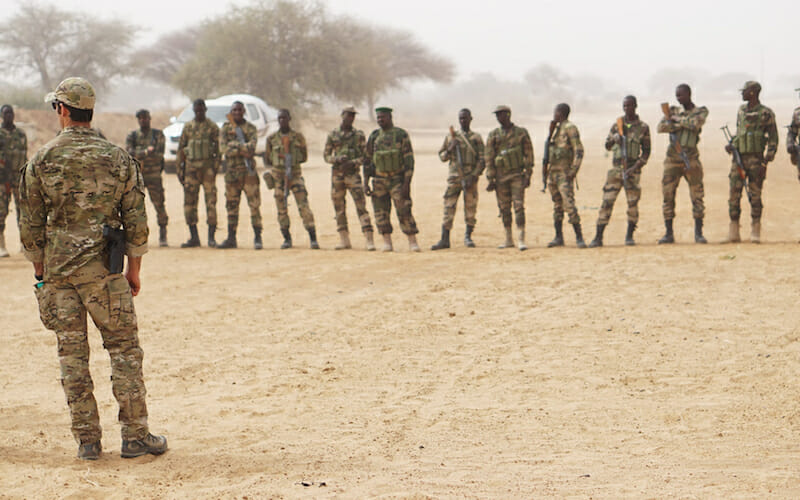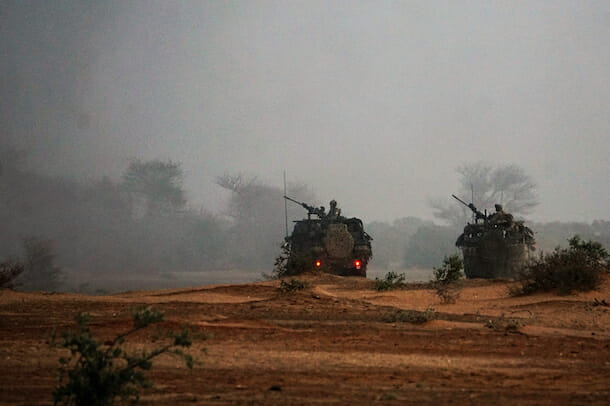
Why the U.S. Should Invest in Good Governance in Niger
The ambush that killed four American soldiers in Niger two months ago took everyone by surprise: the U.S. government, AFRICOM and West Africa analysts alike. But it shouldn’t have: Salafi-jihadi groups have been operating in the region for years. These groups take advantage of fragile governance and weak law enforcement. They co-opt local grievances, promoting their extremist ideology among the population.
What the October ambush shows is that sheer military strength can’t stop extremist ideology by itself. Rather than increasing its military presence in Niger, the United States should help the country build stronger institutions. Promoting good governance and local political participation will be a cheaper, safer, and more sustainable policy.
First, investing in good governance and building local institutions is significantly cheaper than increasing the number of U.S. troops stationed in the country. Looking back to Afghanistan, it cost nearly $1 million per year to support the deployment of each soldier. The cost of deploying U.S. troops to Niger- a harsh and unwelcoming environment with limited provisions- is likely to be in that range as well.
Second, good governance initiatives are more sustainable. During recent protests in the capital Niamey, citizens demonstrated against the presence of French and American troops in their country. Reinforcing already existing institutions is a more peaceful policy approach, which promotes local solutions to local issues and allows the U.S. to take a secondary role within a foreign country.

Finally, good governance initiatives increase the safety of U.S. troops. Increased U.S. force deployments will result in more casualties. The success of the October attack against U.S. forces will encourage Salafi-jihadi groups to further target the U.S. military. The deaths of the four U.S. servicemen are a political cost for the current administration. One can only imagine the implications that more casualties will bring.
Some will argue that this is not a guaranteed solution and that measuring its success is nearly impossible. But military engagement isn’t a guaranteed success either. Additionally, in supporting good governance, the U.S. minimizes the risk of radicalization of other civilians.
Furthermore, many will argue that if Africa has not been a priority for so many years, why should it become one now? The first-ever casualties since the U.S. became engaged in the region have led to increased interest in Niger. The U.S. government should capitalize on the current media focus and push for increased funds that will enable the Niger government to address grievances more effectively than the militant groups do.
Investment in good governance will help the U.S. avoid a long and expensive conflict far away from home. At the same time, it will help Niger create stronger institutions and battle extremism at its roots. It is cheaper, safer, and more sustainable. Good governance is a more durable path to security and peace.

